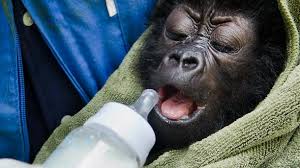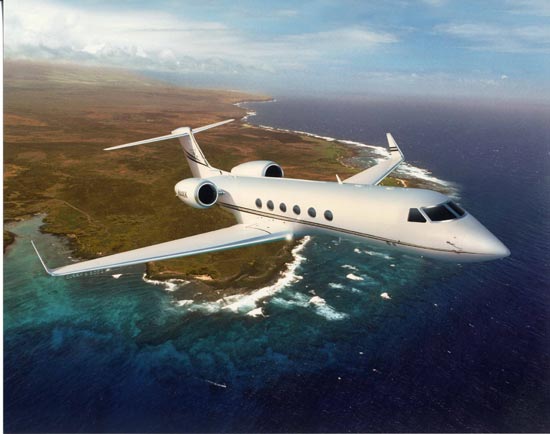Se-tenant: Tenant of No. 1430-34 (Vanuatu 2010)
Tenant of No. 1430-34 (Vanuatu 2010)
15 December (Vanuatu ) within release Tourism goes into circulation Se-tenant Tenant of No. 1430-34 face value 500 Vanuatu vatu
| Se-tenant Tenant of No. 1430-34 in catalogues | |
|---|---|
| Michel: | Mi:VU 1430-34 |
Se-tenant is square format.
Also in the issue Tourism:
- Stamp - Man,Masks face value 20;
- Se-tenant - Tenant of No. 1425-29 face value 100;
- Stamp - Dugong (Dugong dugon) face value 20;
- Stamp - Woman, Flowers face value 20;
- Stamp - Coral Fishes face value 20;
- Stamp - Children face value 20;
- Stamp - Passenger Aircraft face value 100;
- Se-tenant - Tenant of No. 1430-34 face value 500;
- Stamp - Aerial View of an Island face value 100;
- Stamp - Dolphin face value 100;
- Stamp - Woman with Headdress face value 100;
- Stamp - Underwater Post Office face value 100;
Se-tenant Tenant of No. 1430-34 it reflects the thematic directions:
Mammals are any vertebrates within the class Mammalia (/məˈmeɪli.ə/ from Latin mamma "breast"), a clade of endothermic amniotes distinguished from reptiles (including birds) by the possession of a neocortex (a region of the brain), hair, three middle ear bones and mammary glands. All female mammals nurse their young with milk, secreted from the mammary glands. Mammals include the largest animals on the planet, the great whales. The basic body type is a terrestrial quadruped, but some mammals are adapted for life at sea, in the air, in trees, underground or on two legs. The largest group of mammals, the placentals, have a placenta, which enables the feeding of the fetus during gestation. Mammals range in size from the 30–40 mm (1.2–1.6 in) bumblebee bat to the 30-meter (98 ft) blue whale. With the exception of the five species of monotreme (egg-laying mammals), all modern mammals give birth to live young. Most mammals, including the six most species-rich orders, belong to the placental group. The largest orders are the rodents, bats and Soricomorpha (shrews and allies). The next three biggest orders, depending on the biological classification scheme used, are the Primates (apes and monkeys), the Cetartiodactyla (whales and even-toed ungulates), and the Carnivora (cats, dogs, seals, and allies).
Tourism is travel for pleasure or business; also the theory and practice of touring, the business of attracting, accommodating, and entertaining tourists, and the business of operating tours. Tourism may be international, or within the traveller's country. The World Tourism Organization defines tourism more generally, in terms which go "beyond the common perception of tourism as being limited to holiday activity only", as people "traveling to and staying in places outside their usual environment for not more than one consecutive year for leisure, business and other purposes". Tourism can be domestic or international, and international tourism has both incoming and outgoing implications on a country's balance of payments. Today, tourism is a major source of income for many countries, and affects the economy of both the source and host countries, in some cases being of vital importance.
Aviation is the practical aspect or art of aeronautics, being the design, development, production, operation and use of aircraft, especially heavier than air aircraft. The word aviation was coined by French writer and former naval officer Gabriel La Landelle in 1863, from the verb avier (synonymous flying), itself derived from the Latin word avis ("bird") and the suffix -ation.
An aircraft is a machine that is able to fly by gaining support from the air. It counters the force of gravity by using either static lift or by using the dynamic lift of an airfoil, or in a few cases the downward thrust from jet engines. The human activity that surrounds aircraft is called aviation. Crewed aircraft are flown by an onboard pilot, but unmanned aerial vehicles may be remotely controlled or self-controlled by onboard computers. Aircraft may be classified by different criteria, such as lift type, aircraft propulsion, usage and others.




